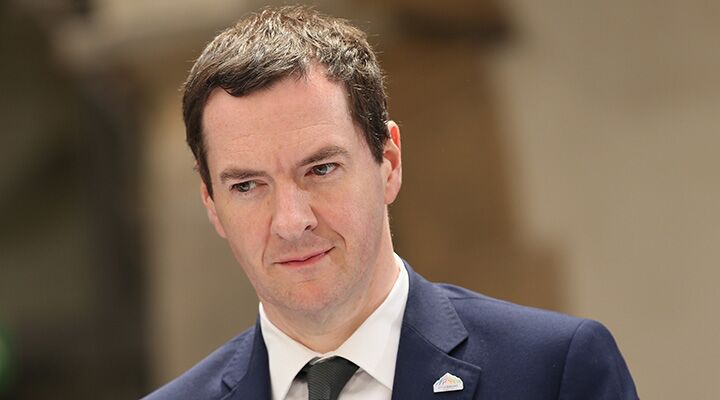
Britain to Cut Defense Spending Yet Again
Britain will cut its defense spending by another £1 billion (us$1.53 billion), the Times reported Friday. The 2.5 percent cut in spending comes after the country has already cut its defense budget by nearly 10 percent over the past five years.
These are huge cuts. Just over a week ago, the Washington Post summarized the sorry state of the United Kingdom’s armed forces in an article titled “Britain Resigns as a World Power”:
After an extraordinary 300-year run, Britain has essentially resigned as a global power.
Over the next few years, Britain’s army will shrink to about 80,000. A report from the Royal United Services Institute predicts that the number could get as low as 50,000, which, the Daily Telegraph points out, would be smaller than at any point since the 1770s—and, as David Rothkopf of Foreign Policy magazine notes, about the same size as the New York Police Department. The International Institute for Strategic Studies concludes that over the past five years “the 8 percent to 9 percent decrease in the UK military defense budget … has led to a 20 percent to 30 percent reduction in conventional capability.” No wonder, then, that Britain has been a minor, reluctant ally in the airstrikes against the Islamic State. Britain’s 30-year-old Tornado fleet of planes is a generation behind the American F-22s it flies alongside. The Royal Navy, which once ruled the waves, operates without a single aircraft carrier (although two are under construction).
The latest round of cuts comes on top of all that. Britain’s military capacity is already crumbling, and now the new Conservative government wants to cut more. Meanwhile, in Germany—where defense spending has long been unpopular—the government is slowly moving in the other direction and increasing spending. It’s a reluctant move, but Germany can see that an increasingly unstable world require nations to spend more on defense.
During the recent election campaign Britain’s ruling Conservative Party promised to spend an extra £8 billion ($12.2 billion) a year on the National Health Service. As it is, Britain’s government already spends three times more on health care than it does on defense. As Fareed Zakaria notes in his Washington Post article, Britain has become “parochial” and “inward.”
Any cuts could also hurt Britain’s relationship with the United States. Last March, U.S. Army Gen. Raymond Odierno told the Telegraph’s Con Coughlin that America could no longer rely on Britain as a military partner because of cuts to its armed forces.
The U.S. Army once relied on the United Kingdom to contribute a division-size force—around 10,000 men—to any conflict it was involved in. Now, it must plan for Britain to contribute half that. This means the British Army is no longer able to work alongside the U.S. as a separate unit; instead it is only able to supplement U.S. forces.
“I would be lying to you if I did not say that I am very concerned,” General Odierno warned.
And again, this is before the latest round of cuts.
The United States wants Europe to contribute more to its defense. To that end, it’s trying to encourage nato members to spend at least 2 percent of their economic on their military—the nato mandated minimum defense spending. Currently only the UK, Estonia, U.S. and Greece meet this target. If the UK drops below the 2 percent threshold—as it would probably do with the latest cuts—then it would cripple America’s defense spending push. If even Britain, who only a few months ago exhorted nato members on America’s behalf to up their spending, cannot maintain that level, then how could any of the other European nato members be expected to? It would be a slight America would not quickly forgive.
For more on the sorry state of Britain’s armed forces, and how it got to this point, read Trumpet managing editor Joel Hilliker’s article “The Aircraft Carrier That Had No Planes.”
